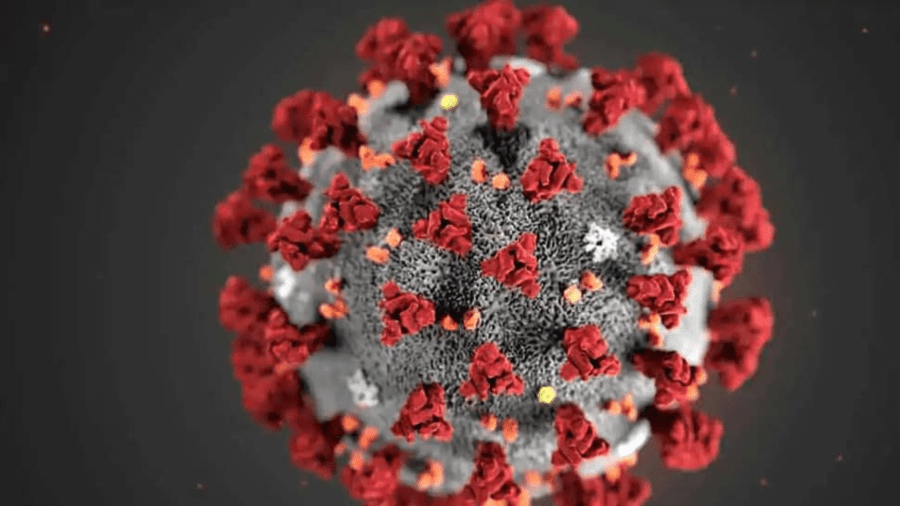Health
Global scientists claim COVID-19 is airborne, urge WHO to change advisory

WHAT YOU NEED TO KNOW:
- Based on the report by the New York Times, hundreds of scientists appealed to the World Health Organization to revise its COVID-19 recommendation over claims that the coronavirus is airborne.
- According to a scientific community, the coronavirus is carried through the air and can be transmitted to people upon inhaling it.
- Scientists also claim that the small particles of the virus can travel quickly through a sneeze and the exhaled droplets can travel the length of a room.
According to the New York Times, a group of 239 scientists from 32 different nations would ask the World Health Organization (WHO) to revise its COVID-19 recommendations to review the evidence they gathered that the coronavirus is airborne.
The scientists are anticipated to release a public letter in a scientific journal to formally make the request. The paper would contain proof that the coronavirus can travel in the air and infect people through its small particles.
The WHO claimed that the virus is mainly spread via face-to-face contacts, but indirect contacts through surfaces in the immediate environment of an infected person are also possible. High transmission still largely occurs through respiratory droplets that fall to floor after being ejected through a cough or sneeze, according to the global group.
Meanwhile, a scientific community division said that proof showed the virus is carried through the air and can be inhaled by people, according to the Times. It also argued that the small particles can travel swiftly after a sneeze, while some scientists suggested that exhaled droplets can travel at least the length of a room.
Benedetta Allegranzi, WHO’s technical lead on infection control, told the news agency that the claim that coronavirus is airborne still lacks concrete evidence.
“Especially in the last couple of months, we have been stating several times that we consider airborne transmission as possible but certainly not supported by solid or even clear evidence… There is a strong debate on this,” she said.
WHO did not immediately respond for a request for additional comment from the Hill.
If the appeal of the scientists is confirmed, the new findings would be pivotal in setting the current response measures. Masks would be required in all indoor settings, whether there is a social distancing order or none. Health care staff would be obliged to wear N95 masks that can filter out minuscule coronavirus particles.
Based on the tracking by John Hopkins University, as of Sunday, authorities had recorded more than 11 million COVID-19 cases and around 530,000 fatalities worldwide.
Source: The Hill
